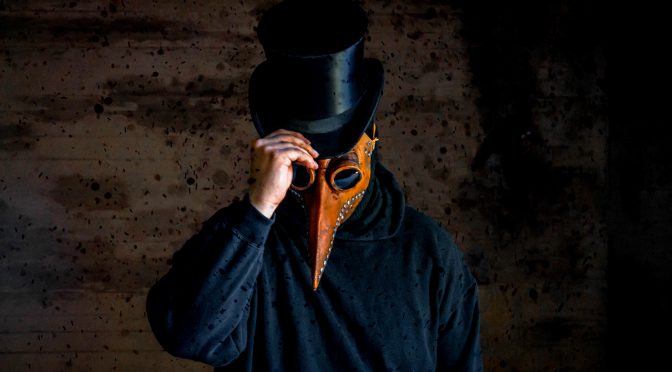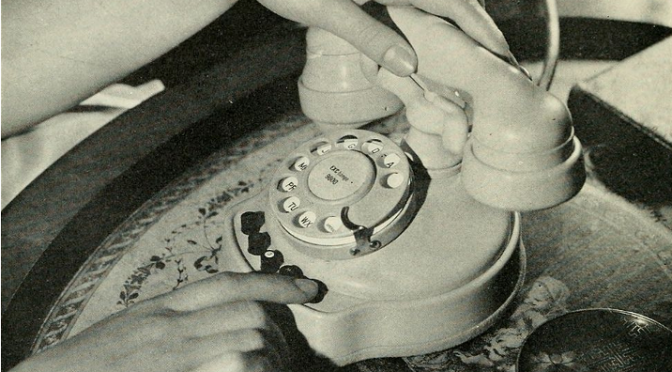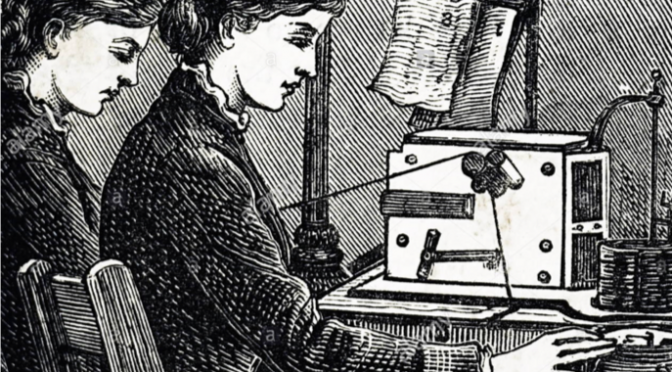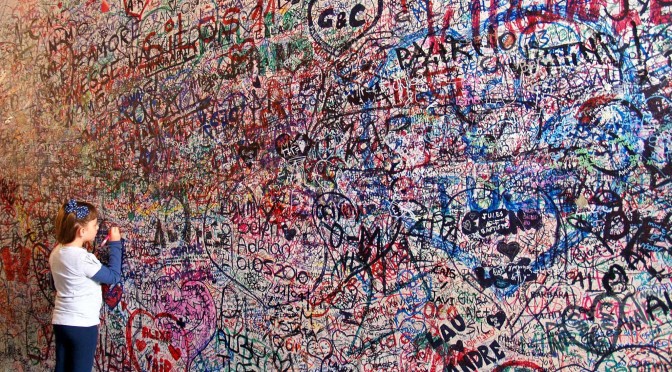by Mike Collins
Mike Collins recently developed, recorded, edited, and hosted a three-part podcast series called the Plague Lit Pod, with contributions from Dr. Jon Day, Dr. Kelina Gotman, and Dr. Emrys Jones on the subject of the relationship between literature and pandemics. The podcast is available through Spotify. Here, he reflects on the history of podcasting, his personal experience of the form, and how he intends to use it in future in research and teaching. Dr. Collins has previously published online on fiction podcasting at Alluvium and in collaboration with Danielle Barrios-O’Neill (Falmouth) for the journal Revenant: Critical and Creative Studies of the Supernatural





